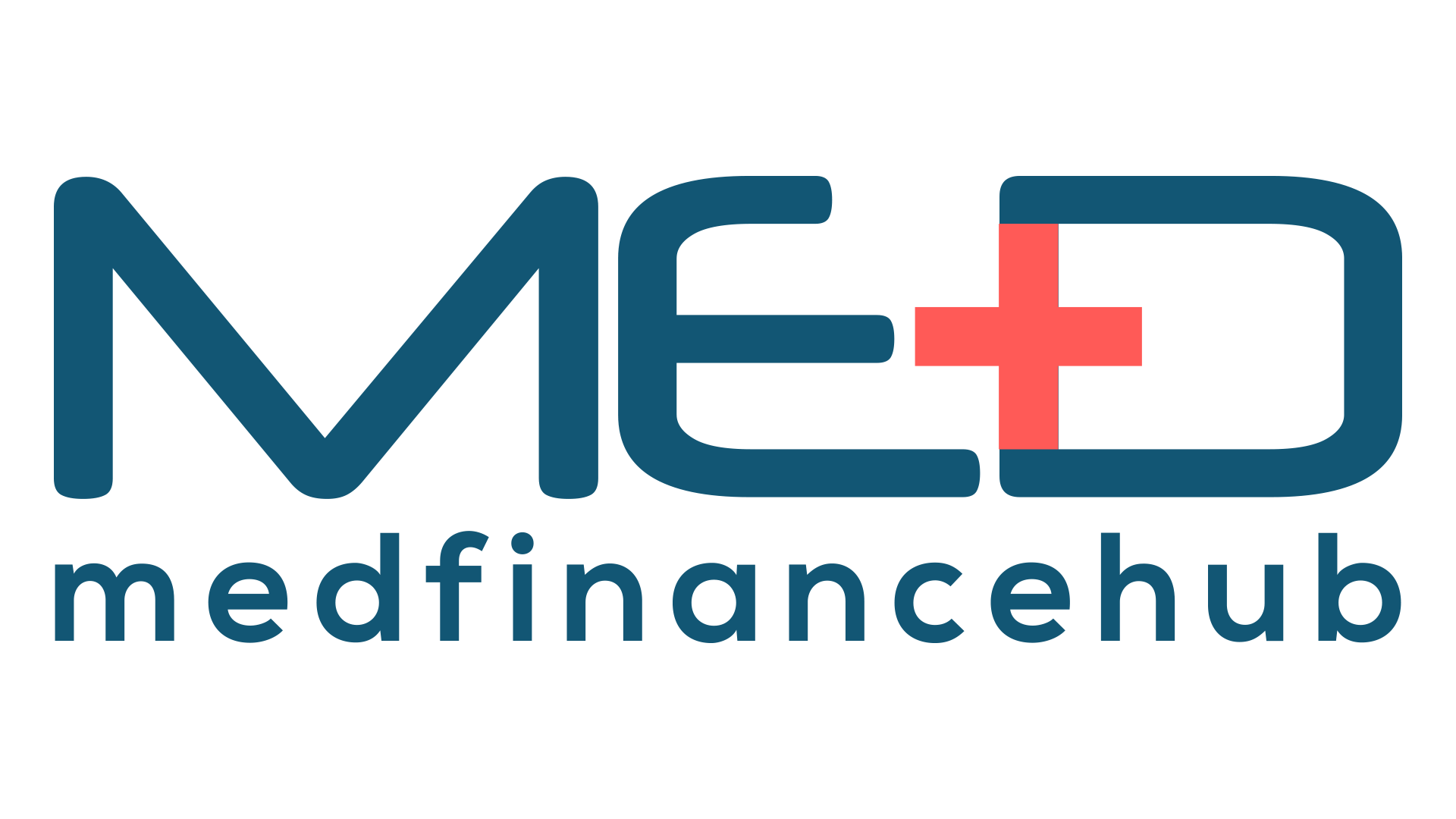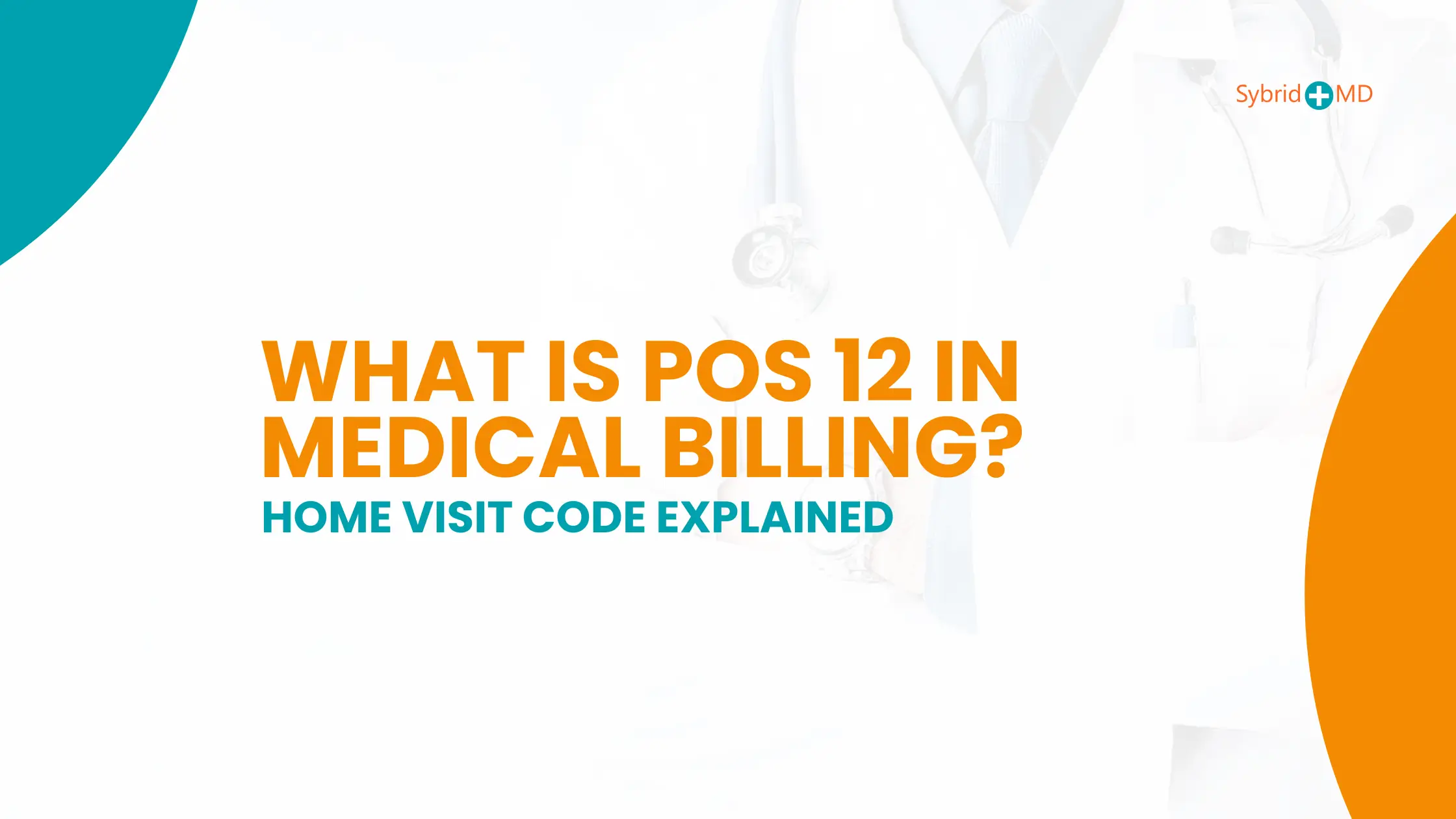If you have ever tried to decipher the amount you had to pay on your doctor’s bill or have been working in a position that involves paying medical bills, you have noticed the Latin acronym POS 12. In the grand scheme of things, POS codes or the Place of Service codes are indicative of the location where the particular service was offered. The term POS 12 in Medical Billing mainly addresses services, which are officially identified to be conducted in a particular patient’s home.
POS in Medical Billing
Definition of POS 12
‘POS 12’, which means ‘Home’, is used, and the explanation given is ‘when healthcare service is given in the patient’s own house’. This pertains to patients’ homes, apartments, assisted living homes, or wherever the patient lives, but is not in a healthcare setting.
What Does POS Stand For?
POS stands for Place of Service; this is not an indication that the technicality of it is complex in any way, it is, however, quite simple. It is the geographical area in which personnel of the relevant profession provide health care services. To aid the insurance companies in determining the setting in which care was given, each attended POS code is indicated by a two-digit number.
For example:
- POS 11 = Office
- POS 12 = Home
- POS 21 = Inpatient Hospital
Such codes are not only mere formalisms. They give the methods of how claims are processed, what amount a provider is paid and what supporting documents are required to submit with the claim. Without adequate POS code, your claim can easily be disapproved or better still, draw the attention of the auditors.
Why Is POS Important in Medical Billing?
POS codes can be visualized as a UPS or FedEx of the medical billing. They specify where care occurred, and that one piece of information alters the entire scenario. Here’s why:
- Geographical Restrictions: Often, insurance providers would only compensate for specific service kinds that were done in particular zones.
- The extent of reimbursement: The amount of compensation may also vary depending on the location of service delivery where health care was delivered in a hospital or home.
- Compliance: improper use of POS results in compliance issues or even fraud charges.
For instance, on POS 11, billing of a service as done in an office when it was actually done at home, on POS 12, overpayment is likely to occur, and when this is realized, insurers will want it back.
Common Scenarios for Using POS 12 in Medical Billing
A home health nurse goes to examine and dress a patient’s incision after a surgery has been conducted. A primary care doctor makes a home visit to the patient. A mobile phlebotomist performs blood sampling, in which they take a blood sample at the patient’s home. A hospice nurse gives medicine in the home to the patient. Each of these requires specific documentation, such as:
- Medical necessity for home care.
- Provider notes detailing the service.
- The patient’s address is the location of care.
Reimbursement Rules for POS 12
POS 12 services may be Medicare Part B services or home health benefit services, depending on the kind of service and the provider. It’s worth noting:
- Some services earn more if administered at home since it will cost more to undertake them in other places due to one factor, transport costs.
- Possible concerns for insurers may arise, and they may bother to ask why in-home care was needed.
The POS 12 can also be used in telehealth services provided to the patient at the patient’s residence when implemented during the ongoing public health flexibilities. POS 12 12 properly can increase the speed of reimbursement and thus reduce the cases of claims rejection, especially if billed with appropriate medical documentation and CPT codes.
POS 15 in Medical Billing
POS 15 in mobile unit pertains to such cases that when the health care service is delivered in a mobile, a moving vehicle that is equipped to offer diagnosis, prevention, or treatment services. These units go to the patients’ location, which may be in centers or in regions that may lack adequate medical facilities. Immerse yourself in the meaning of mobile dental clinics, radiology buses, or vaccination vans.
One must be very careful to prove that the service was provided in a fully licensed mobile facility and not from a tent or some other outdoor structure. POS 15 in medical billing is used by insurers to determine who is eligible to be reimbursed because the delivery of mobile care has a special workflow.
POS 20 in Medical Billing
POS 20 urgent care facility concerns services at an Urgent Care Facility, which is a center that offers healthcare services to patients with conditions that are not fatal but require attention as soon as possible. It exists between an ER and a clinic and is convenient when you have minor accidents, infections, and illnesses. This makes the payers aware that care was given in an efficient, less expensive, and outside the emergency departments alone. POS 20 in medical billing also assists in correct reimbursement and directs the patients to the correct level of care, thus decreasing the pressure on the hospital ERs.
POS 21 in Medical Billing
It has been stated that POS 21 in an Inpatient Hospital is required to be used where services are afforded to a patient in an inpatient hospital. This guard signifies that the patient is formally admitted and receives ongoing medical care – a surgery, an acute illness, or a critical condition. Thus, this study applies the POS 21 only where a hospital stay goes beyond 24 hours with an official admission number.
Due to the varying costs of inpatient care according to the chosen facility and its provider, the application of the POS code is important for billing as well as earning the best possible revenue. It interposes with documentation as well, where admission records and hospital notes are likely to have to be comprehensive.
POS 11 in Medical Billing
Among all the codes, the most frequently used one is POS 11 in the Office Setting, which addresses services provided in a doctor’s office. This setting embraces community, parallel, or outpatient consultations, annual check-ups, and brief procedures performed within a physician’s office or clinic. It is used in cases where the patient is not admitted and the practice office is not situated in a health care institution. As POS 11 is associated with standard outpatient billing rates, the use of this code enables correct billing of the services to receive appropriate reimbursement and remains HIPAA-compliant for billing services provided in non-hospital environments.
Comparing POS Codes: When and How to Use Them
Key Differences between POS 11, 12, 15, 20, and 21
| POS Code | Setting | Description |
| 11 | Office | Physician’s office for routine services |
| 12 | Home | Patient’s residence |
| 15 | Mobile Unit | Mobile healthcare services |
| 20 | Urgent Care Facility | Immediate care for non-life-threatening conditions |
| 21 | Inpatient Hospital | Services for admitted hospital patients |
POS Codes and Medicare Billing Requirements
Medicare and other insurers depended on POS codes in the following aspects:
- Increments and/or Deductions: If the service is eligible for some coverage in the discerned setting.
- Service Reimbursement: The payment to the health care provider for the services offered may also differ depending on the place of delivery of the services.
- Documentation necessary: Needs according to the setting.
How to Avoid Mistakes When Using POS Codes
Common Billing Errors Related to POS
- Incorrect POS code: Using POS 11 instead of POS 12 for home services.
- Shortcut documentation: Posted for referring to an example, office visit codes linked to POS 12.
- Lack of documentation: The lack of justification for the need for home-based care.
Tips to Prevent Claim Denials Due to Incorrect POS
- Check the service place: Ensure that the place coded in the POS is correct.
- Follow the correct E/M code designation: Ensure that health facilities use the appropriate E/M codes according to the POS code.
- Documenting: Summarized, justifying the need for services in the described setting.
Conclusion
POS codes are incredibly important in medical billing and, more specifically, the proper utilization of POS 12. Others encompass proper reimbursement, regulatory requirements, and provisions of an authentic care environment. Continuous training and keeping oneself up-to-date with the new developments can go a long way in avoiding mistakes and enhancing billing procedures.
Frequently Asked Question
What happens if I use the wrong POS code?
If a proper POS code has not been applied, a claim can be rejected or paid late, which triggers an audit. One has to ensure that the POS code corresponds to the place where the services are provided.
Is POS 12 always related to home visits?
Yes, POS 12 denotes the services tagged as ‘establishment– patient residence.’
How should I go about making changes to POS codes on the billing software?
Refer to the guidelines set by the current software provider and speak to the support staff on whether the current POS codes are up to date and properly coded.
Does every insurance provider have specific POS codes?
Yes, most insurance providers use standard Place of Service (POS) codes defined by CMS. However, some may have specific requirements or preferences. It’s important to check with each provider for their billing guidelines.

